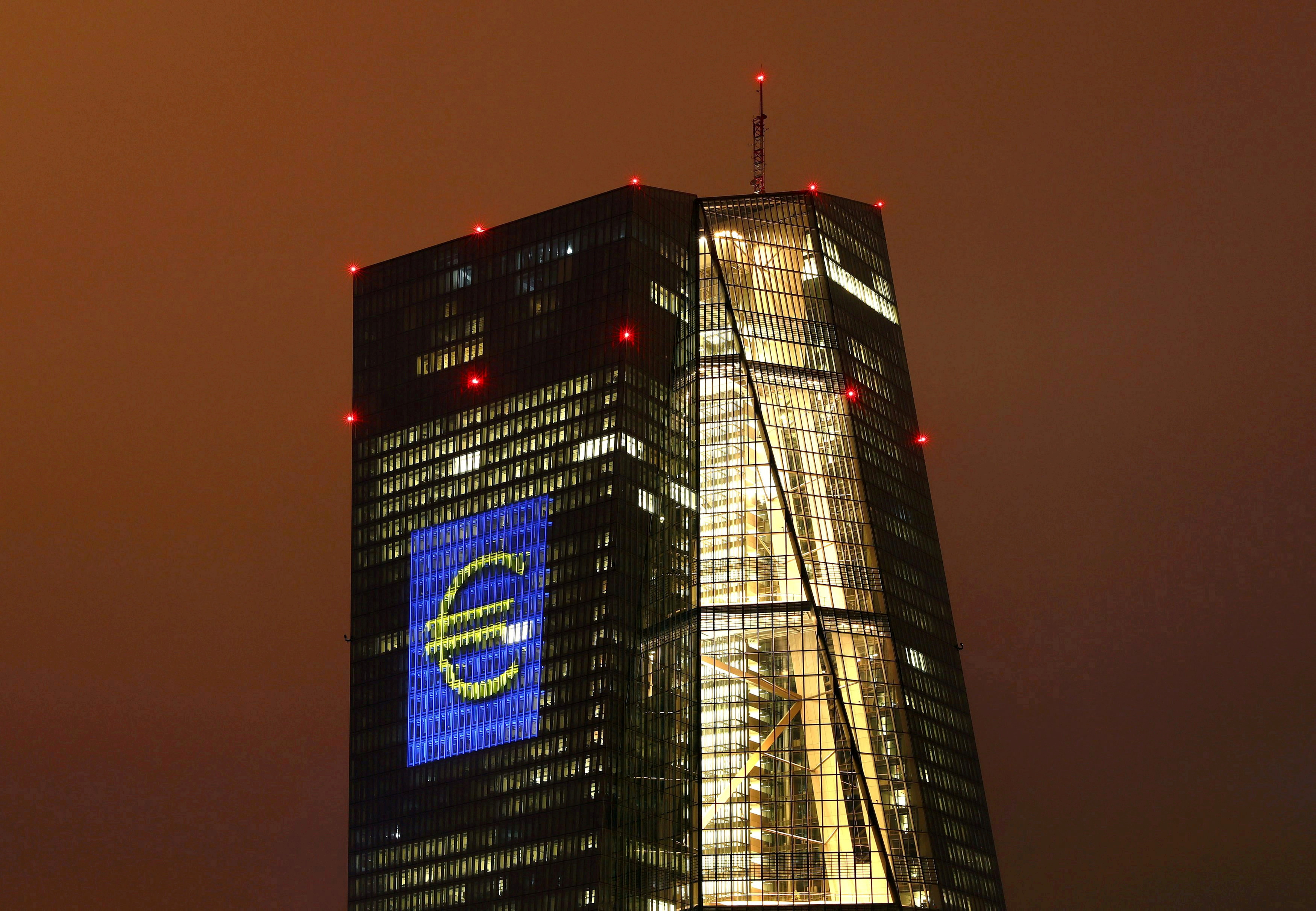 background
background
Investors in high spirits Why the DAX rushes from record to record
Status: 14.06.2021 4:03 p.m.
While the economy is only slowly picking up pace after the Corona openings, the German stock market does not seem to be stopping. What are the main reasons for the price boom? From Lothar Gries, tagesschau.de The German leading index DAX rose by up to 0.7 percent in the morning and climbed to a record high of 15,802 points – the 23rd record this year. The index has risen by 15 percent since the beginning of the year. The stock exchanges are also in record-breaking mood at the European level. The Stoxx 600 index, comprising 600 values, also climbed 0.7 percent today and reached its 38th high this year with 460.51 points. The stock markets are fired from several sides. The most important driver is the expansionary monetary policy of the central banks in the USA and Europe. Since the European Central Bank (ECB) lowered the key interest rate to zero on March 10, 2016, i.e. more than five years ago, the returns on traditional savings offers from banks and savings banks have also shrunk to such an extent that even risk-averse German investors are looking for alternatives have looked around. In addition to real estate and precious metals, stocks are very popular.
More and more shareholders
In this country there were as many shareholders last year as last year in 2001, as determined by the German Stock Institute (DAI). According to this, 12.4 million people in Germany have invested in the stock market, i.e. they owned exchange-traded securities such as fund shares or stocks. Compared to 2019, that’s an increase of 2.7 million or 28 percent. The downward trend of previous years has thus been completely reversed. After the dot-com bubble burst in 2000, the number of equity investors in Germany steadily declined – until interest rates sank to virtually zero. But the ECB has not only boosted the number of shareholders and thus share investments, it is also active on the capital markets itself. In order to keep the economic effects of the corona pandemic as low as possible, the central bank is pumping many millions of euros into the market every day. To do this, it buys bonds issued by governments and companies. By the end of March 2022, she wants to spend the gigantic sum of 1.85 trillion euros, a number with twelve zeros. A considerable part of it flows into the stock market and drives prices to ever new heights.
Despite rising inflation Why the ECB is not raising interest rates Inflation is increasing in many European countries.
No end of the flood in sight
In the past few weeks, there have been repeated suspicions that the central banks in Europe and the USA will soon be able to turn the money off again because inflation is reporting back and price increases have shot far beyond the monetary authorities’ targets. But both Jerome Powell, the head of the US Federal Reserve (Fed), and ECB President Christine Lagarde initially gave the all-clear. Just today, Lagarde said in an interview with the magazine “Politico” that the time was not yet ripe for a discussion about an end to the crisis bond purchases by the central bank. “It is far too early to debate these issues,” said Lagarde. The economic recovery must be firm, solid and sustainable. Don’t take a patient’s crutches off until the muscles begin to build up sufficiently – so that the patient can move on their own two legs again.
Interest rate policy of the ECB Zero has been there for five years Saving with interest and compound interest: That sounds like a promise from another time.
V-shaped economic recovery expected
In addition, investors are assuming that the pandemic-related restrictions will end soon. “The pandemic is no longer an issue at the latest with the now significantly lower number of new infections, and investors also seem to be able to come to terms more and more with the fear of inflation,” says market expert Milan Cutkovic from brokerage firm Axi. With the decline in Covid-19 restrictions, growth expectations are skyrocketing around the globe. The Organization for Economic Cooperation and Development (OECD) expects the global economy to grow by 5.7 percent this year. For Germany, the federal government expects growth of up to four percent. The prognosis from the beginning of the Corona crisis that there will be a V-effect in which the economy first collapses, but then quickly recovers, seems to be confirmed. This is rather good news for equity investors, because they hope that a growing economy will generate increasing profits and thus rising prices for listed companies.
Price turbulence ahead?
This combination of a zero interest rate policy, a glut of money from the central banks, a growing number of shareholders and the expectation of a rapid recovery in the global economy is driving share prices to ever new heights. But the air is getting thinner. Many investors are watching the Fed’s monetary policy deliberations this Wednesday. It is true that the Fed is not expected to deviate from its current course and end the boom in the financial markets. “But their projections on inflation, interest rates and the economy could cause price turbulence,” says Naeem Aslam, chief market analyst at the brokerage firm AvaTrade.

























































 background 06/10/2021
background 06/10/2021 background 03/10/2021
background 03/10/2021



You must log in to post a comment.